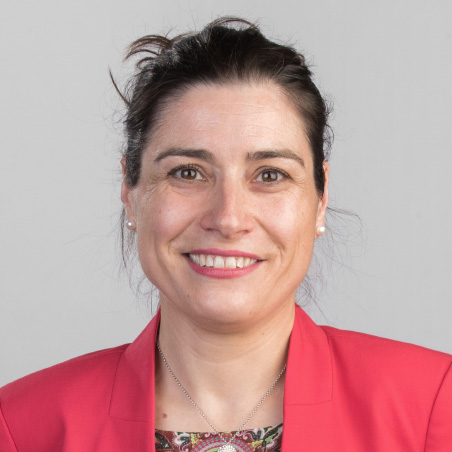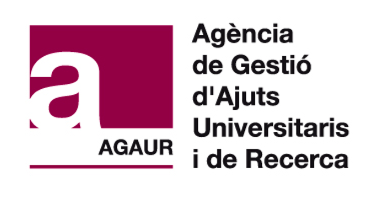
Marta Otero Viñas
Director of The Tissue Repair and Regeneration Laboratory
Email: marta.otero@uvic.cat
ORCID: 0000-0003-2718-9977
Scientific Profile: URECERCA
Marta Otero is a professor in the Department of Biosciences and also serves as the Director of the Doctoral School at the University of Vic-Central University Catalonia (UVic-UCC). She began her research career working in Professor Lina Badimon’s laboratory, where she earned her Ph.D. working on cardiovascular disease research. Later, she focused her research on cutaneous wound healing and served as a visiting researcher in the Department of Dermatology at Boston University School of Medicine from 2014 to 2016.
Currently, Marta Otero leads the TR2Lab where she is dedicated to better understanding the mechanisms of tissue repair and regeneration. Her primary research interests are in the area of chronic wounds and she works on developing translational projects focused on cell-based therapeutics and tissue engineering.
Over the years, Marta Otero has held several leadership positions, including the Director of the Doctoral Program in Medicine and Biomedical Sciences (2019-2023), Vice-Dean for Research at the Faculty of Medicine at the UVic-UCC (2018-2019), and Director of Research and International Relations of the Faculty of Medicine at the UVic-UCC (2017-2018). She also served as the Vice President for research and knowledge transfer at the University of Vic-Central University of Catalonia (2008-2014). Previously, she created and developed the cell culture unit at the Cardiovascular Research Center in Barcelona from 2003 to 2006.
Marta Otero holds a Ph.D. in Biochemistry and Molecular Biology (2004) from Universitat de Barcelona, a Postgraduate degree in Strategic Management of Universities (2010) from Universitat Politècnica de Catalunya, and a Bachelor’s degree in Biochemistry (1999) and Chemistry (1999) from Universitat de Barcelona. Additionally, she received training in Human Subjects Research (2016) from the CITI Program and in working in Good Manufacturing Practices (GMP) facilities (2016) from Boston University School of Medicine.
My last happenings:
Oozing: An accessible technique to create 3D-printed scaffolds suitable for tissue engineering
Oozing: An accessible technique to create 3D-printed scaffolds suitable for tissue engineering Authors: Juan Crespo Santiago, Luis M. Delgado, Rafa Madariaga, Laia Millan, Oriol Chico, Pau Oliver, Román Pérez, Marta Otero Viñas Abstract Tissue-engineered constructs require mimicking the extracellular matrix microenvironment of native tissue for better promoting cell growth. Commercial three-dimensional (3D) printers provide a versatile platform to fabricate tissue models,but they possess certain constraints regarding the reproduction of natural tissue structures due to the limited functionality of current slicing strategies and hardware. In this study, we present a new approach to 3D-printing polylactic [...]
Platelet‑rich plasma therapy for chronic cutaneous wounds stratifed by etiology: a systematic review of randomized clinical trials
Link: Platelet‑rich plasma therapy for chronic cutaneous wounds stratifed by etiology: a systematic review of randomized clinical trials Authors: Verónica Salgado‑Pacheco, Montserrat Serra‑Mas, Marta Otero‑Viñas Abstract Background-Chronic wounds are a worldwide problem. One advanced biological therapy is platelet-rich plasma (PRP). Many studies have demonstrated the efcacy of PRP therapy in chronic wounds of diferent etiologies, but results are not conclusive. Objective- This systematic review intends to identify high-level clinical trials or randomized controlled trials (RCTs) that compare autologous platelet-rich plasma with alternative treatments for chronic cutaneous wounds in humans. Moreover, it investigates whether [...]
Phygital Human Bone
GRANT Original Title (English): “Phygital Human Bone.” Reference: 2023 LLAV 00055 Principal Investigador: Marta Otero Viñas TR2Lab research team members: Juan Crespo Santiago Xavier Jordana Comín Funded by: AGAUR – Generalitat de Catalunya Biotechnological and biomedical fields frequently use biological bones for their significant representation of living bone. Yet, these come with challenges: costs, degradation, disease transmission, ethical concerns, storage difficulties, and biological variability. Hence, synthetic bone surrogates emerge as a solution but currently have limitations in replicating the mechanical attributes of natural bone, primarily due to missing precise microarchitecture imitations. Understanding this gap, our initiative bridges [...]









